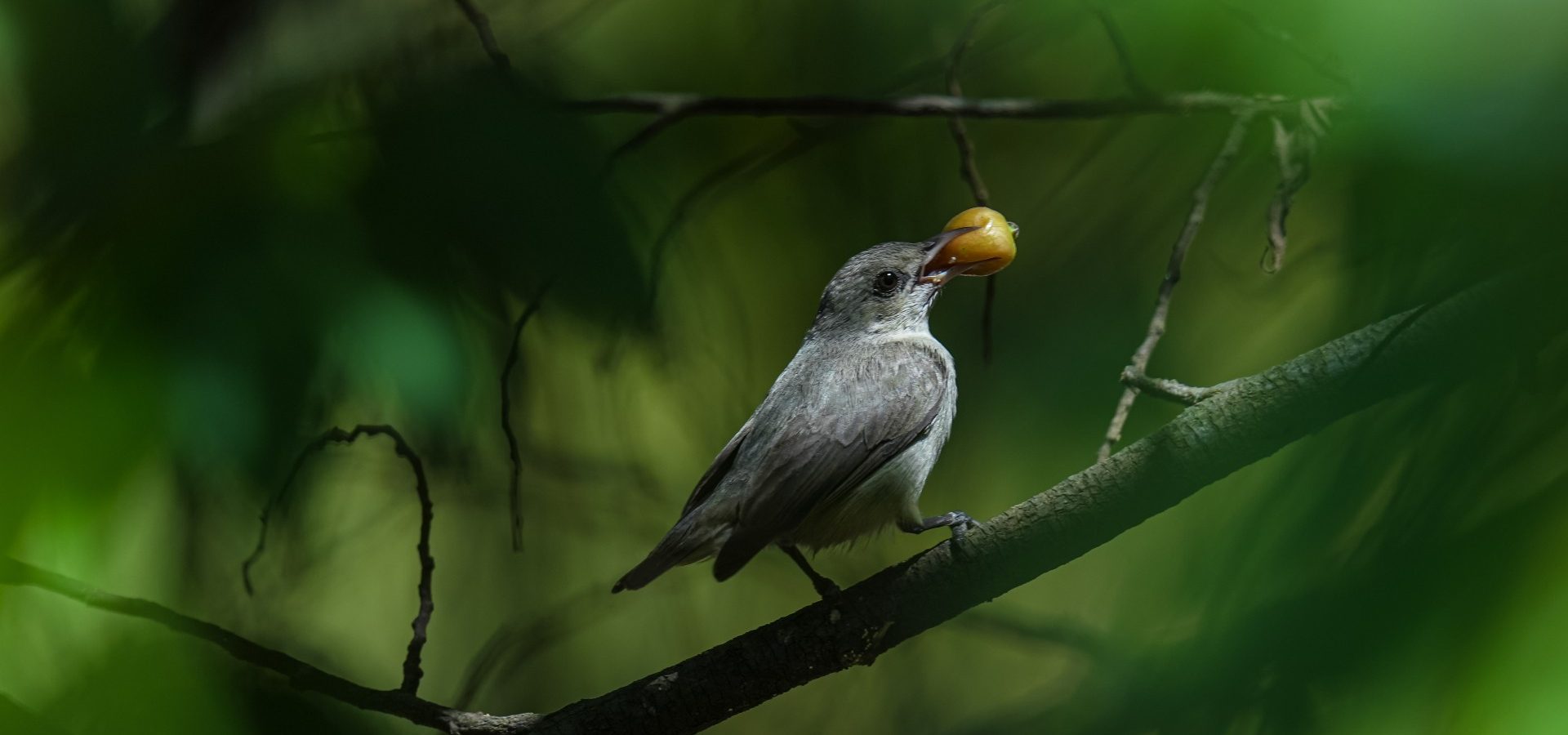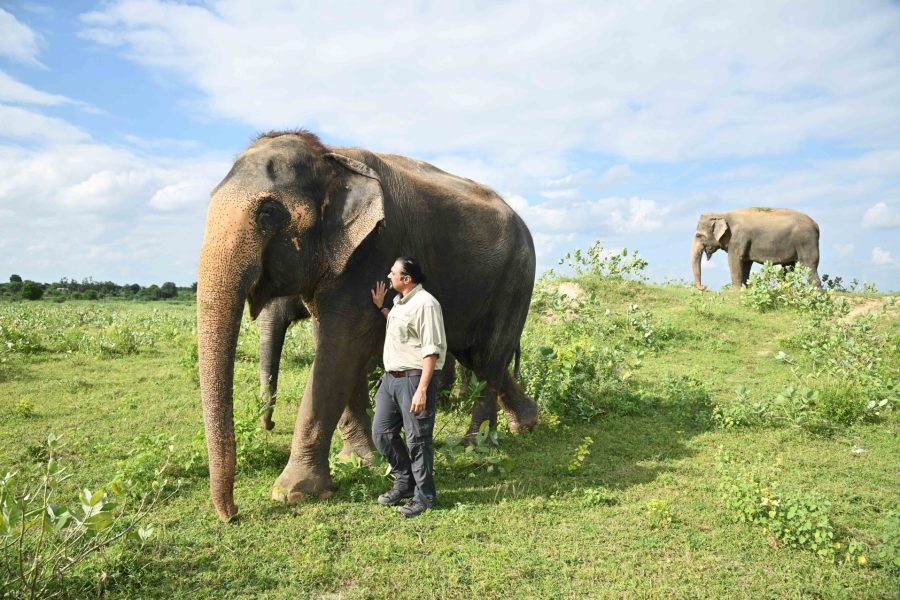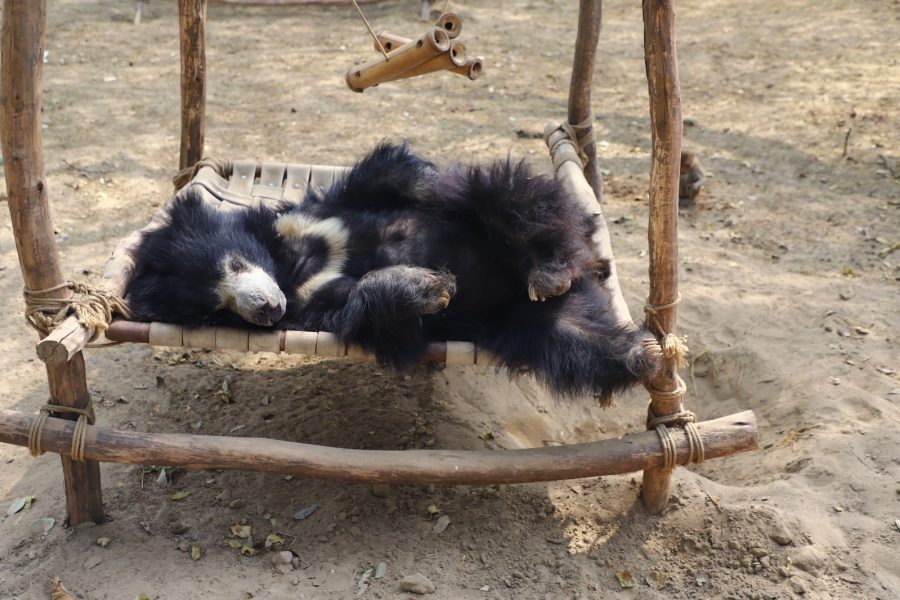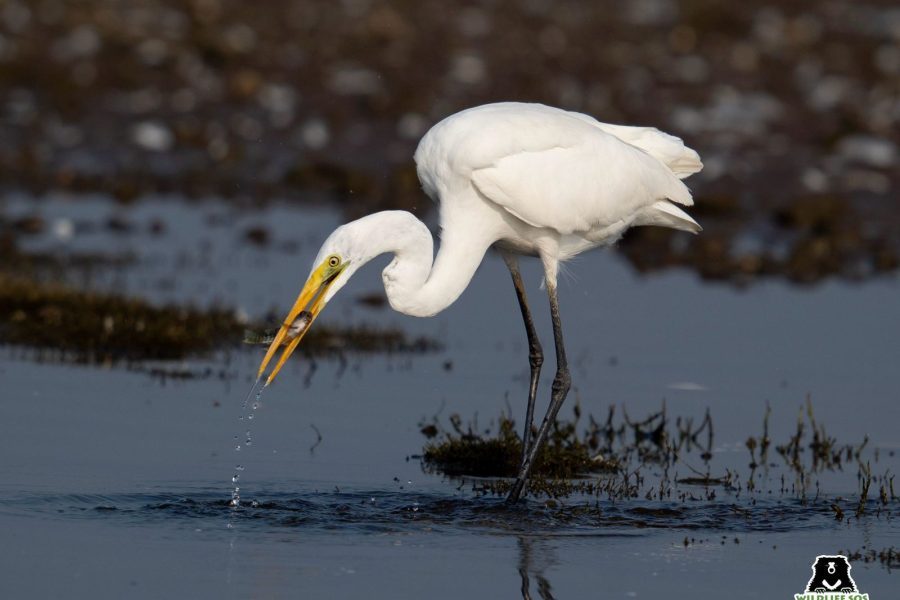Blaring sirens, the air thick with exhaust fumes, the sounds of honking cars, and the perpetual greyness that surrounds us… All this happens to be a shared experience for many of us that live in megacities, be it Delhi, London or Beijing. Our surroundings are filled with concrete structures, while the only greenery to be found is in the sporadic potted plants on residential window sills or within the dividers of the road. There is a certain longing within us city-dwellers for a romanticised version of having a home with blooming gardens, chirping birds and the sounds of crickets at night. What can we do to bring back even a smidgen of that idyllic life into our fast-paced urban world? After all, we aren’t the only ones affected by the sprawling urbanisation, the animals that share this world with us also need a safe haven amidst this.
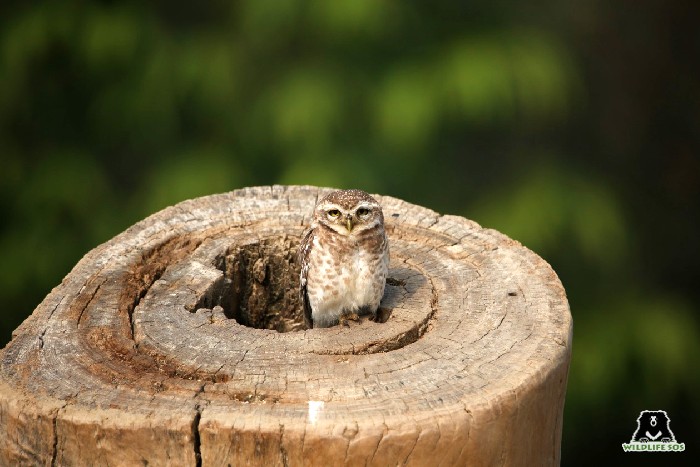
One of the most simple things we can do is encourage the planting of those trees that are native to the region. Gone are the days of the manicured and minimalist lawns! Instead, we should aim to create a magical oasis that invites nature to come and play. A place where the air is filled with the sweet fragrance of blooming flowers, the hum of bees and fluttering of butterfly wings. Here, the plants are chosen not just for their beauty, but for their ability to attract and sustain the local wildlife. It’s best to keep the nearest green spot free of weeds, as our primary aim is to create an atmosphere that animals, plants and humans would like to live in.
Keeping a bird feeder may be a great addition to the railing of your balcony. But it is important to note that unless one is mindful of its maintenance, these feeders can be a cause of major diseases that could spread among animals. Many bird species that often live around humans can contract pathogens from sewage treatment plants and landfills, only to contaminate the bird feeders and bird baths they visit. Hence, it is important to regularly disinfect and clean the bird feeders to ensure that they don’t become breeding grounds for bacterial infections like salmonellosis. In case you notice sick or dead birds near your feeder, it is best to remove it altogether for a while.
![Birds in urban areas can often get dehydrated in the summer due to a lack of natural water bodies. [Photo (c) Wildlife SOS/Akash Dolas]](https://wildlifesos.org/wp-content/uploads/2022/03/House-Sparrow_Perching.jpg)
Another major threat to birds are household pets. Pet cats too are known for being amazing predators, and though you may not necessarily see your cat hunting in front of you, it may be taking down a fair share of birds when it is out in the veranda. And no, putting a bell around your cat’s neck is not the most ideal solution. If you think that your cat — a stealth predator — cannot learn to walk soundlessly despite having a bell on its neck, you’re in for a surprise. Besides, the sound of a bell does not to warn a bird about the cat’s presence, as it may have grown desensitised to such noises in an urban setting. The only way to prevent bird and small mammal mortality due to such incidents is by engaging the pet indoors. You may also want to keep a close watch on your cat, in case it is angling to step out.
Bird collisions on windows of tall glass buildings are another issue noted in many countries, with up to 988 million birds dying in the US every year. Due to their lower contrast sensitivity as compared to other mammals, the reflections on glass windows are hard for birds to discern, leading to collisions that cause broken necks, fractures and even loss of life. A few solutions to these problems include stickers, etched glass or even rod patterns on the windows of taller buildings to deter collisions. Since these are not completely foolproof methods, going for reflective glass perhaps isn’t a good idea in the first place.
Another important thing to remember is to maintain the general hygiene and cleanliness in your area. Of course, this doesn’t mean that you must transform your backyard into a perfectly manicured garden, as it is better to plant native plants and let them grow freely, but it does entail keeping your surroundings free of garbage, stagnant water and pests.
![Urban areas can pose innumerous threats to the wildlife that live here, so it is important to reach out to local rescue and rehabilitation organisations if you notice and animal in distress. [Photo (c) Wildlife SOS/Kunal Malhotra]](https://wildlifesos.org/wp-content/uploads/2023/05/WSOS-Kunal-Malhotra-Rat-snake.jpg)
Lastly, the most important thing that you can do is to keep an eye out for your local wildlife and call the authorities if you notice an animal in danger. Humans can often cause deliberate harm to wildlife due to ignorance about their importance, a lack of empathy or a fear of certain animals. From traps designed to cruelly capture animals, to a mob attacking an animal that they fear, or overspeeding vehicles hitting unsuspecting animals on highways — many animal deaths can be seen when humans in their ignorance take matters into their own hands.
If you notice any animal in distress, please do your part as a concerned citizen and contact your local rescue and rehabilitation organisation, or the forest department. If you are in any of the following cities, you can also reach out to the Wildlife SOS 24×7 rescue helpline numbers to aid animals in distress:
Delhi NCR – +91 9871963535
Agra – +91 9917109666
Vadodara – +91 9825011117
Jammu & Kashmir – +91 7006692300, +91 9419778280

